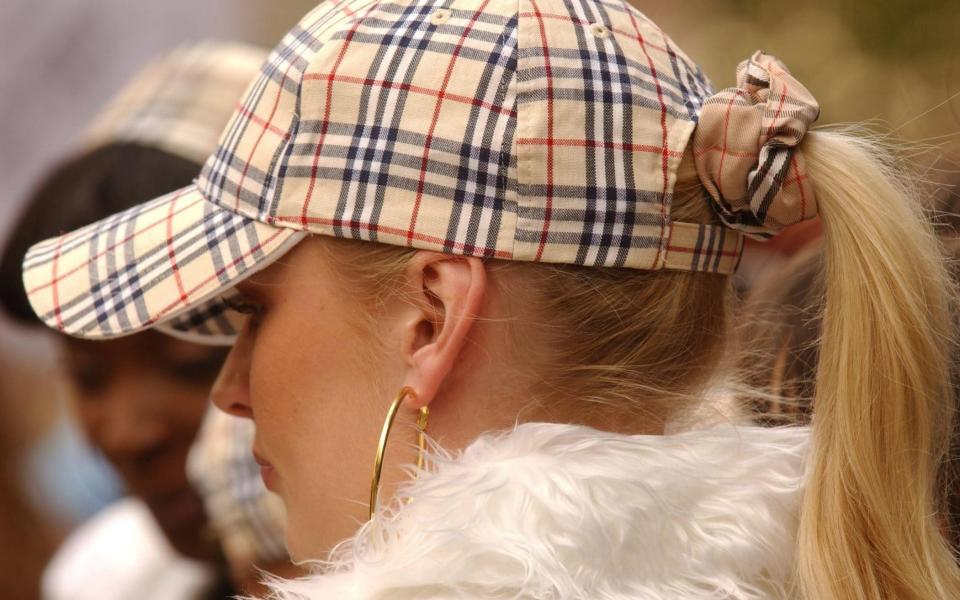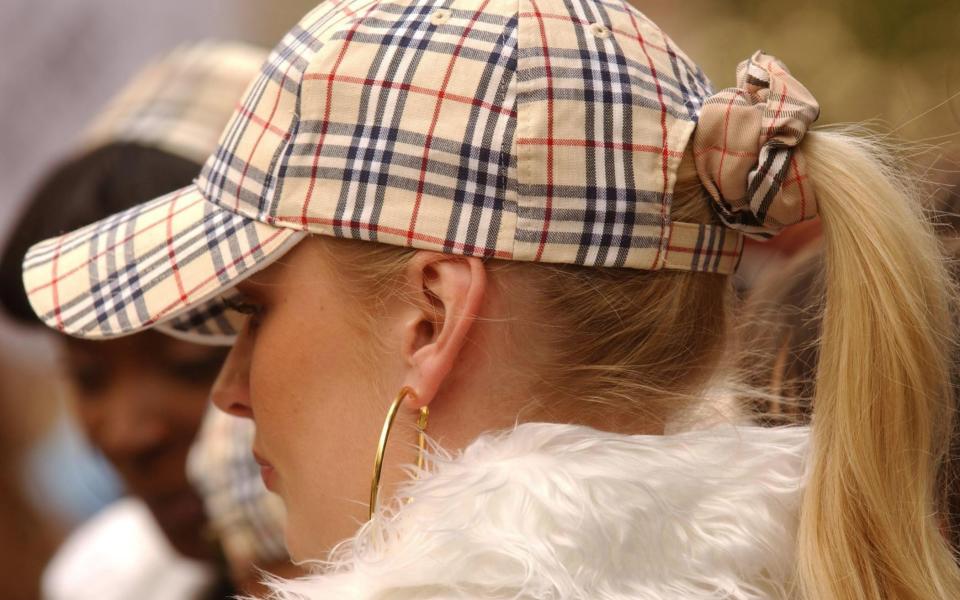Why Oxbridge's posh kids like to hide behind a 'working class' smokescreen
When I look back to when I first started Cambridge, my conception of privilege was, admittedly, a sheltered one.
I grew up in Northern Ireland in a little seaside village, where wealth was measured by what kind of school blazer students wore at the train station each morning. In many respects, I should have seen it coming from my school days, when the wealthier students stopped wearing Hollister clothing because it was becoming too common. It was only when I took a gap year then started university that I realised privilege comes in its most dangerous form when it is hidden in plain sight – a paradoxical subversion of one class norm, that of the working classes, to mask another, namely, the middle classes.
Cambridge is a middle-class university. Posh and privileged - definitely the uncensored bio-line for many elements of university life here. It is not to say that state school students don’t have a presence - because they do. But they are certainly in the minority. And yet, passing through the humanities site, one would be forgiven for thinking differently. Whether it be the tracksuit bottoms tucked into socks, through to the adoption of slang by North Londoners, the fetishisation of working class culture is there for all to see.
For these students, the adoption of such garish outfits reveals a deep-rooted insecurity. University has always been described as a time for reinventing yourself, or even finally being able to discover your own identity. For those who have been surrounded by a network of wealth growing up, it is an opportunity to mask this privilege. Entering an environment where you are a stranger, it is almost a form of romanticised escapism. This manifestation of counter-signaling (the act of appearing less affluent than one is) is not only a means of diffusing the negative connotations of being wealthy. It is also a statement of difference to other students which sets them apart from their peers.
I’ll never forget a conversation I had with a fellow student who I had took to be - based on my limited ability to differentiate English accents - from London. Chatting about our childhoods, they admitted being from Oxford but had deliberately adopted a distinctly London-based accent with suitably apt slang, in order to deflect from their private school Oxford tones. That they too adopted a visible aesthetic of working-class culture, only served to reinforce the authority that comes with privilege.
Someone from an underprivileged background wearing Burberry gets called a chav, mocked for being nouveau riche and upwardly appropriating a culture out of their financial league, but a wealthy student wearing a tracksuit and cap is ironic. It is a statement of absolute superiority, crafted on no foundation of reality other than having the position in society to be able to make such a visual and public statement in the first place. It is saying, ‘I can be whoever I want to be’ – in some circumstances an admirable claim, but not if it is centred upon a sense of inherent privilege at the expense of those struggling in society.
The creation of this sub-culture in Cambridge is constantly legitimised through similar sartorial decisions made elsewhere; labels such as Fred Perry and Umbro capitalising on how attaching a price tag to working class culture is somehow on trend. In 2013, a Facebook group titled ‘Wavey Garms’ was founded by Andres Branco, soon experiencing a meteoric rise, expanding with new groups such as ‘Wavey Garms Ladies’ and ‘Wavey Kicks’. It is now, for those who are cool enough to be in the know, the go-to site for all things edgy, with an emphasis on street-wear. To compliment this aesthetic, grime and garage music has experienced in the last few years what has been described as a revival.
Yet what this commercialisation does not highlight is that appropriation of these trends completely undermines its social importance, particularly with grime, and its blatant visual representation of a struggle. A quick google search of tracksuits brings up a range of articles, such as Vogue’s claim that it marked a shift from ‘tacky to mildly tasteful’, to the website of ‘The Idle Man’, which gave a detailed breakdown, with pictures attached, for any uncertainty regarding how to wear such an outfit.
In attempting to cultivate an identity that is outside the confines of peer-induced judgement, a dangerous culture is gathering momentum at Oxbridge. We are privileged, by virtue of the very fact that we attend such a prestigious institution. Being born into privilege does not mean that it has to be negative; it is how you act upon your position in society that determines its impact and its connotations. The insecurity of students who are caught in a vacuum between enjoying the financial stability their upbringing entails and the fear of being judged for being part of, for example, the North London elite, encourages attempts to appropriate an identity to which you do not belong.
Hiding your wealth behind a smokescreen only propagates further a sense of class division, and a pervading tone of superiority. It doesn’t mean that you are less privileged - even if the smokescreen is one cultivated down to the very last rip in your jeans.
Tess Davidson is a history finalist at King's College Cambridge

 Yahoo News
Yahoo News 

